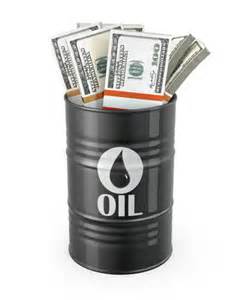Oil prices rose on Monday with international Brent crude futures opening above 70 dollars per barrel for the first time since January.
Prices were lifted by expectations that OPEC-leader Saudi Arabia may extend supply cuts into 2019, as well as concerns that the United States may re-introduce sanctions against Iran.
In Asia, meanwhile, Monday saw the launch of Shanghai crude oil futures , potentially marking the dawn of a new oil price benchmark to rival dominant Brent and West Texas Intermediate (WTI).
Brent crude futures were at 70.74 dollars per barrel.
U.S. West Texas Intermediate (WTI) crude futures were at 66.06 dollars a barrel at 0157 GMT, from their previous close.
“Oil prices are on the ups driven by rising geopolitical risk in the Middle East,” said Stephen Innes, head of trading for Asia/Pacific at futures brokerage OANDA in Singapore.
“President Donald Trump continues to suggest the U.S. will pull out from (the) Iran nuclear deal, which raises the spectre of bringing back sanctions on the country and severely limiting Tehran’s ability to export crude oil,” Innes said.
Prices have also been supported by statements from Saudi Arabia, the de-facto leader of the Organisation of the Petroleum Exporting Countries (OPEC), that production cuts that have been in place since 2017 may be extended into 2019.
An agreement between OPEC and some other producers, led by Russia, to withhold supplies in order to prop up prices came into force in January 2017, and is currently scheduled for expiry by the end of this year.(Reuters/NAN)

